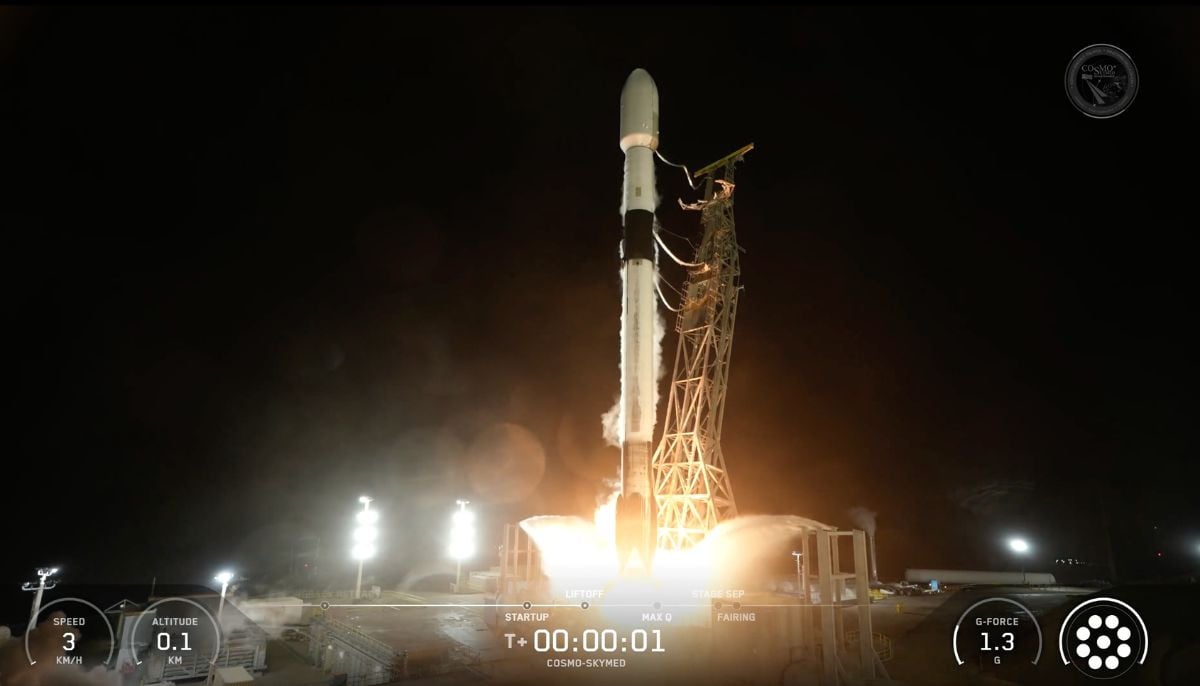Is it possible for aliens to detect humans on Earth via signal leakages?
Experts suggest aliens require more advanced technology for signal detection from Earth
For centuries, scientists have been involved in studies and research to detect signals of extraterrestrial life or aliens on other planets, resulting in the detection of strange noises and sightings, but have you ever wondered about the possibility of the situation being reversed?
Researchers believe that for extraterrestrials to detect radio signal leaks from Earth, they would need to be technologically more advanced than humans, according to a new study reported by The Independent.
The experts predicted what extraterrestrial life would see on Earth from as close as six light years away by simulating the radio signal leakage from cell towers.
According to research published in the journal MNRAS, advanced extraterrestrial civilisations may not rely on the radio signals that mobile towers currently leak into space to detect human life.
They "will find it difficult to detect current levels of mobile tower radio leakage from Earth," according to the study, unless an alien civilization is significantly more advanced than humans.
Additionally, the researchers hypothesised that as more potent broadband systems are adopted globally, the detectability of mobile systems on Earth will rise markedly.
The findings of the study also suggested that Earth's mobile radio signature includes a substantial contribution from Africa, shedding light on the continent's transition into the digital age after bypassing the landline era.
A co-author, Mike Garrett from Manchester University, said: "I've heard many colleagues suggest that the Earth has become increasingly radio-quiet in recent years — a claim that I always contested — although it's true we have fewer powerful TV and radio transmitters today, the proliferation of mobile communication around the world is profound."
"While each system represents relatively low radio powers individually, the integrated spectrum of billions of these devices is substantial," Dr Garrett said.
"I believe that there's every chance advanced civilisations are out there, and some may be capable of observing the human-made radio leakage coming from planet Earth," said Nalini Heeralall-Issur, another author of the study.
While studying further into the matter, scientists hope to examine the signal leakage from powerful civilian and military radars, new digital broadcast systems, Wi-Fi networks, individual mobile handsets, and satellites like Elon Musk's Starlink system.
"Current estimates suggest we will have more than one hundred thousand satellites in low Earth orbit and beyond before the end of the decade," Dr Heeralall-Issur said.
"The Earth is already anomalously bright in the radio part of the spectrum; if the trend continues, we could become readily detectable by any advanced civilization with the right technology," she said.
-
3I/ATLAS flyby: Why is Jupiter’s 96th Moon drawing intense scientific interest?
-
NASA spacewalk 2026: Medical issue prompts rare talk of early ISS crew return
-
Comet 3I/ATLAS: Scientists examining images they cannot easily explain
-
Wolf Moon 2026: Will the full moon outshine the Quadrantid meteor shower?
-
SpaceX mission 2026: The Italian radar satellite takes its first orbital flight
-
Solar Eclipse 2026: When and where Europe will see total eclipse
-
Nature's secret weapon: What are the tiny crabs eating our plastic waste?
-
Why January’s Wolf Supermoon will appear brighter than usual in 2026












